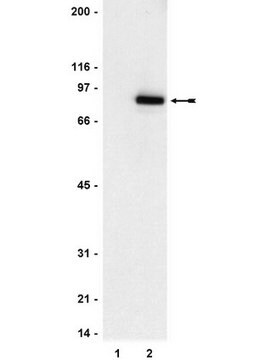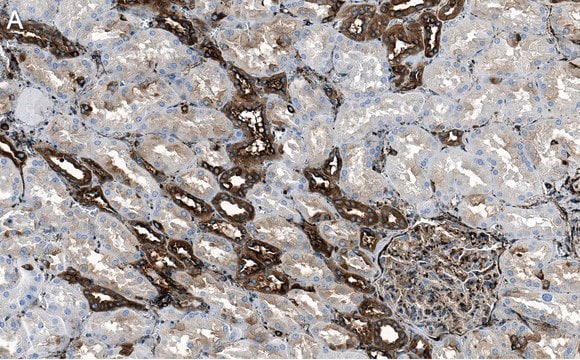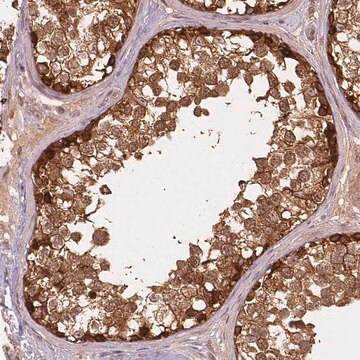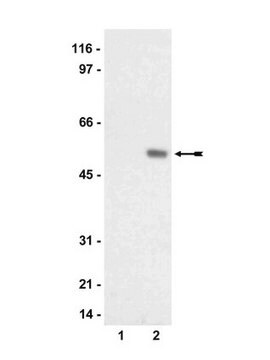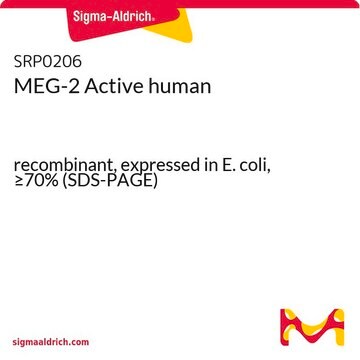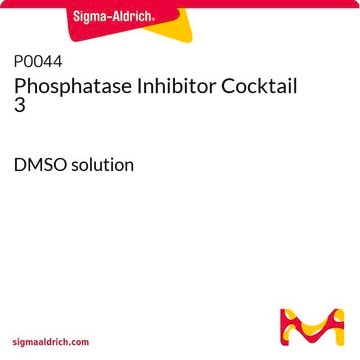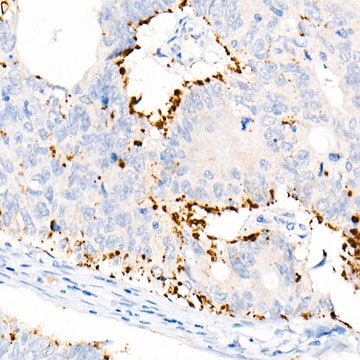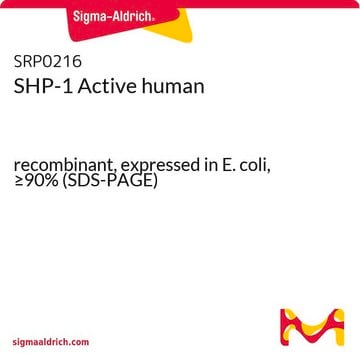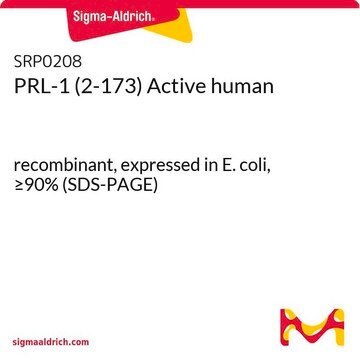SRP0217
SHP-2 Active human
recombinant, expressed in E. coli, ≥90% (SDS-PAGE)
Synonym(s):
Noonan syndrome 1, PTP-1D, PTP2C, PTPN11, SHP2
About This Item
Recommended Products
1 of 4
This Item | SRP0216 | SRP0208 | SRP0206 |
|---|---|---|---|
| assay ≥90% (SDS-PAGE) | assay ≥90% (SDS-PAGE) | assay ≥90% (SDS-PAGE) | assay ≥70% (SDS-PAGE) |
| recombinant expressed in E. coli | recombinant expressed in E. coli | recombinant expressed in E. coli | recombinant expressed in E. coli |
| concentration 0.73 mg/mL | concentration 1 mg/mL | concentration >0.02 mg/mL | concentration >0.02 mg/mL |
| mol wt 59.5 kDa | mol wt 95 kDa | mol wt 19.8 kDa | mol wt 60.3 kDa |
| form aqueous solution | form aqueous solution | form aqueous solution | form aqueous solution |
General description
Application
Human active SHP-2 has been used to study the effects of α-lipoic acid and dihydrolipoic acid on the activity of SHP-2 enzyme.[4]
Biochem/physiol Actions
Unit Definition
Physical form
Preparation Note
Other Notes
Storage Class Code
10 - Combustible liquids
WGK
WGK 1
Flash Point(F)
Not applicable
Flash Point(C)
Not applicable
Certificates of Analysis (COA)
Search for Certificates of Analysis (COA) by entering the products Lot/Batch Number. Lot and Batch Numbers can be found on a product’s label following the words ‘Lot’ or ‘Batch’.
Need A Sample COA?
This is a sample Certificate of Analysis (COA) and may not represent a recently manufactured lot of this specific product.
Already Own This Product?
Find documentation for the products that you have recently purchased in the Document Library.
Our team of scientists has experience in all areas of research including Life Science, Material Science, Chemical Synthesis, Chromatography, Analytical and many others.
Contact Technical Service